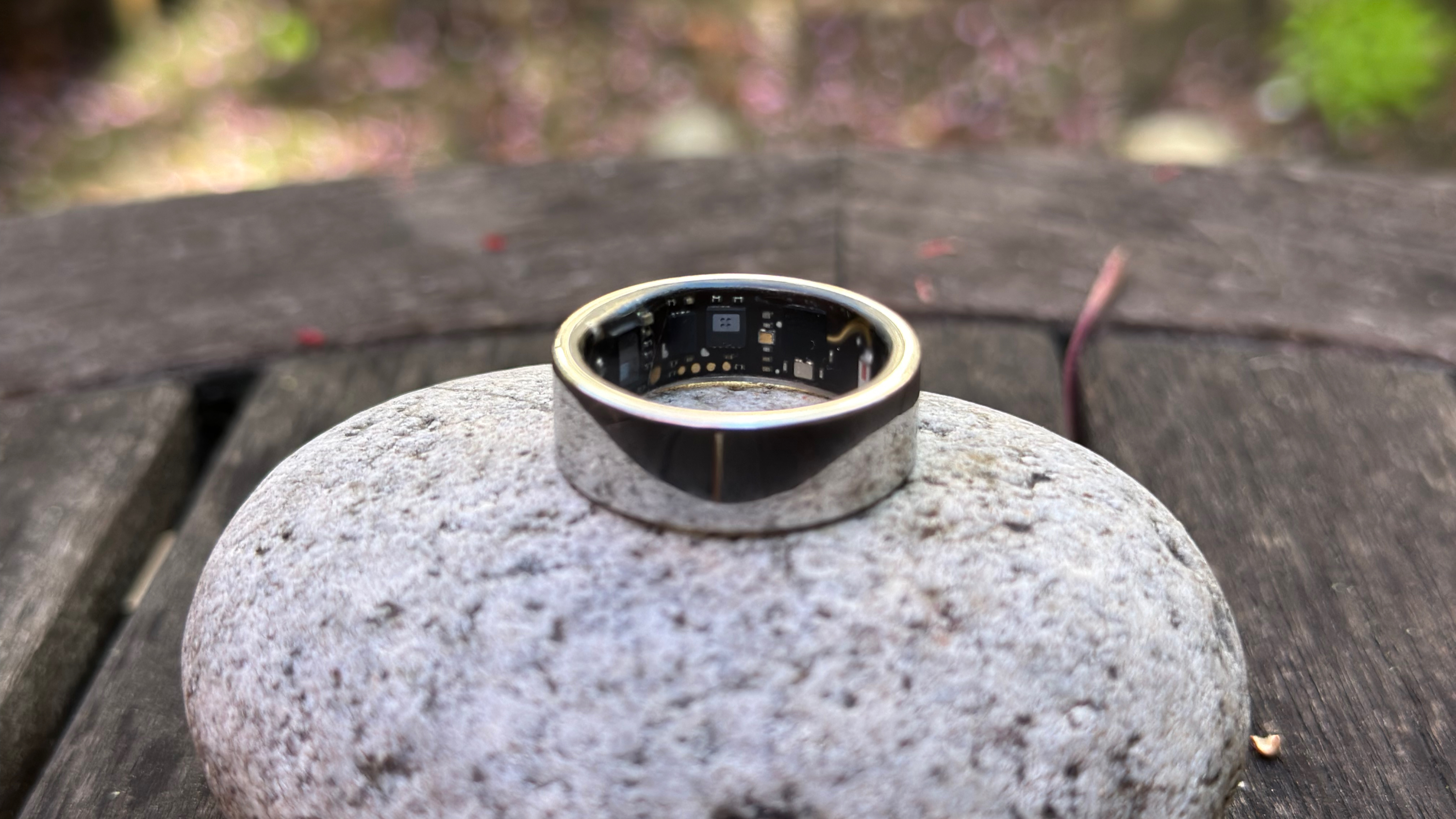
Comfy and informative
The Ultrahuman Ring Air is available in various colors, such as Aster Black, Matt Grey, Bionic Gold, and Space Silver. It has a water resistance level of WR100 and Bluetooth 5 LE, all within its titanium design.
For
- Very comfortable
- Decent batter life
- No subscription needed
- Helpful Sleep Trend data to form better habits
- Integrates with Apple Health
Against
- Pricey
- Fitness and step tracking is not accurate
- Pesky notifications
- 4-6 week delivery wait period
Small but mighty
The Oura Ring Gen 3 helps you get the data you need to track your health. This ring has a great battery life and a free 6-month subscription. Those helpful nudges will give you the readings you need to track, for example, how well you're sleeping. It's an improvement compared to its predecessor, with 3x more sensors and 32x more memory.
For
- Resistant, compact, great design
- Long-lasting battery life
- Free 6-month subscription
- Extensive activity/health tracking
- Useful nudges
Against
- Uncomfortable with certain exercises
- Slow charging
- Requires subscription for detailed metrics
It's been over a decade since the first smart ring was introduced, giving people another option to track their health, but it wasn't until recently that the tech caught on. Now, there are quite a few different options on the market, but you may find yourself comparing two of the most popular ones at the moment: the Ultrahuman Ring Air and Oura Ring Gen 3.
You may have tried fitness trackers or one of the best smartwatches to get the job done, but if you don't want a shiny display distracting you, then one of these smart rings might be the solution since it gives you the info your smartwatch does but without the diversion. So, how do these rings compare? Hopefully this will help you decide on your next wearable.
Ultrahuman Ring Air vs. Oura Ring Gen 3: Design and Comfort
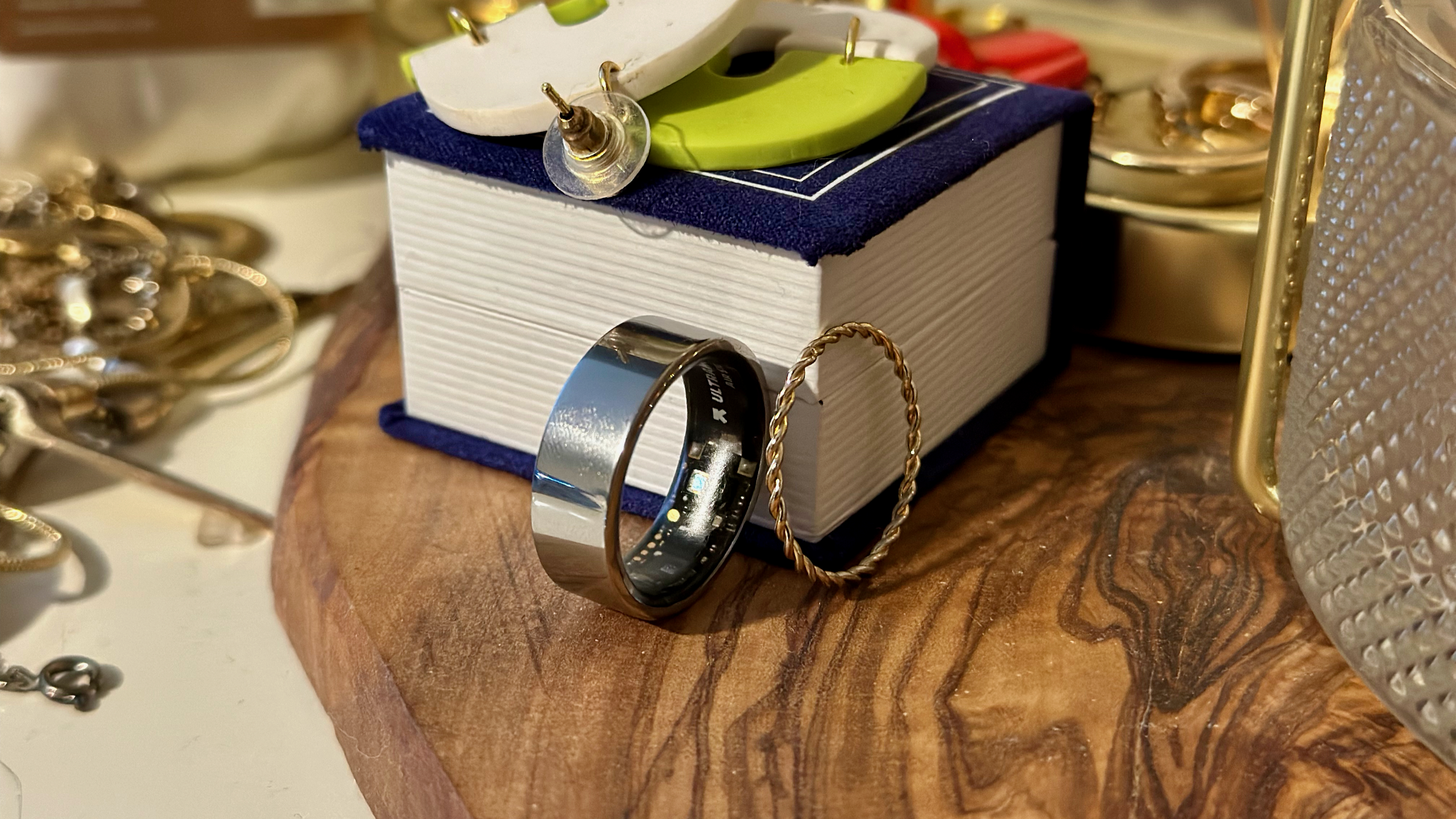
When it comes to wearables, one question that always comes up is how comfortable it will be. Ultrahuman's smart ring has a uniform and spartan design, and according to Micheal Hicks' Ultrahuman Ring Air review, you don't feel like you're wearing a ring but something tech. The design is more functional than stylish, and at 2.5 millimeters thick and weighing just 3 grams, it's thinner and lighter than the Oura Ring Gen 3.
Overall, it has a sleek look, with a tiny sensor bump at the bottom that makes it more comfortable to wear. The ring is available in Raw Titanium, Aster Black, Bionic Gold, Matte Grey, and Space Silver. Regarding sizes, the Ultrahuman Ring Air goes from a size five to a size 14. You'll need to try the sizing kit ring and wear it for one day to get the right size, but to speed things up, you can try Ultrahuman's e-sizing system. The sizes may differ slightly from US ring sizes, and they don't offer half sizes.
The Oura Ring Gen 3 features three sensors or bumps that might feel uncomfortable to some but go largely unnoticed. It's available in a bevy of colors and styles, including matte black, Gold, Rose Gold, Silver, Titanium, and Dark Gray. The ring comes in two designs: the Heritage and the Horizon. The difference between the two is that the Heritage design has a little ridge on the top that is meant to face the dorsal side of your hand, while the Horizon design is fully circular and has a small dimple-type design meant to face the palmer side of your hand. Also, the Oura Ring Gen 3 is the heavier of the two models.
In sizes, the Oura ring one-ups the Ultrahuman since it's available in sizes six to 13, which is two fewer than the Ultrahuman. The Oura ring sizes may differ slightly from US ring sizes, and they also don't offer half sizes. You can also go to your nearest Best Buy and buy it there, which makes it easier, so you don't have to wait for a sizing kit to come in the mail.
The weight and dimensions are 2.55mm, weighing around four to six grams, depending on your ring size. Due to its larger size, using the Oura Ring Gen 3 for activities such as weightlifting may be uncomfortable, as mentioned in Derrek Lee's Oura Ring Gen 3 review. However, it still manages to squeeze in a discreet design and makes quite a statement.
Ultrahuman Ring Air vs. Oura Ring Gen 3: Sensors
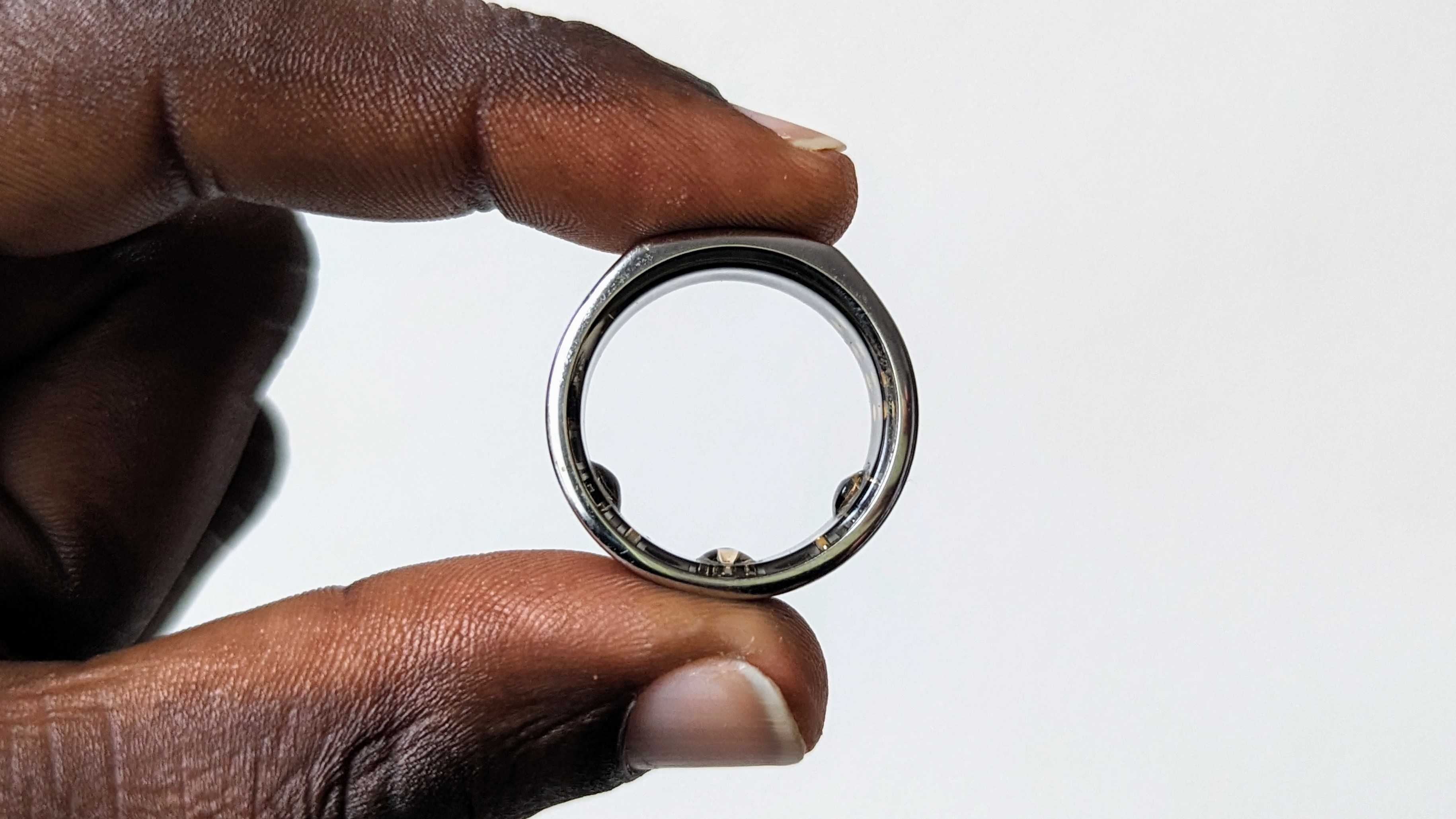
One crucial factor when choosing a smart ring is the sensors. You might get one to track certain things, so specific sensors are necessary. For example, the Ultrahuman Ring Air has sensors such as Infrared PPG (Red, Green, and IR LEDs for HRM and SpO2), non-contact skin temperature, and 6-axis motion. It also uses optical sensors to monitor sleep and all their stages (i.e., REM or deep).
The Photoplethhysmogram (PPG) sensor will measure your heart rate and oxygen saturation. Still, in Michael Hick's review, he mentions how the Ultrahuman Ring Air never showed him oxygen levels under 99% or 100%. However, his smartwatch showed him that over the years, his average percentage would be between 96-98%. If this is essential for you, then this could be a reason not to get the smart ring. The smart ring does lack critical data such as VO2 max and respiratory rate. The Ultrahuman Ring is still getting beta features and making improvements in response to the criticism it gets. With temperature readings, the smart ring will give you a precise reading and measure while you're asleep and awake.
The Oura Ring also has sensors for heart rate, sleep, activities, morning readiness, and blood oxygen. But Oura has a new Resilience metric you won't find in its competitor. This metric lets the ring assess your resilience in stressful situations. It'll track your daytime, overnight, and stress recovery trends during the day.
Regarding reading your temperature, the Oura ring shows a relative change compared to your baseline. So, to get an accurate reading, you need to wear the ring for at least a few days, and it only measures while you're sleeping. You'll also notice that when using the app, the Oura Ring says it's showing you the body temperature, while the Ultrahuman Ring app will say Skin temperature. Both rings can be worn on any finger, but the company advises you to wear them on the index finger for a more accurate reading.
Ultrahuman Ring Air vs. Oura Ring Gen 3: Activity
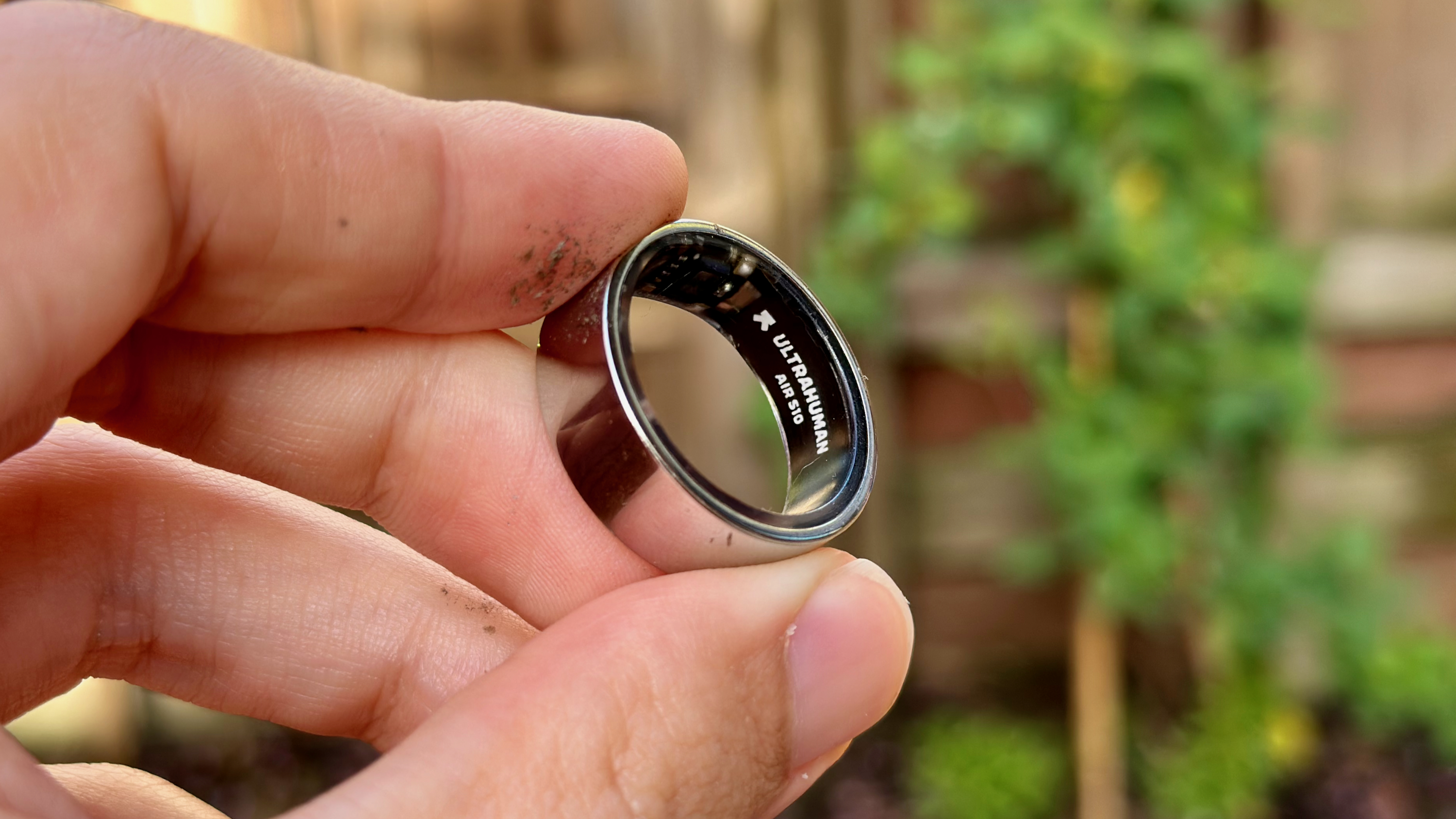
Both rings detect activity such as skin temperature, sleep, and heart rate. Each smart ring has an app that allows you to get the readings you need. With the Oura Ring Gen 3 app, you can specify your activities, such as a hike and 20-minute spinning class, while the Ultrahuman Ring Air will count two activities as one. The Oura Ring Gen 3 features automatic activity detection, such as dancing or gardening, while the Ultrahuman Ring Air comes in manual and is still in beta. The rings also lack irregular heart rhythm (AFib) detection.
On the Ultrahuman Ring Air, tap the Movement screen to view your movement information, such as active hours, minutes, and calories burned. The apps for the two smart rings focus on two different things. For example, the Oura's focal point is recovery and rest. The app makes information such as your readiness score, activity goal, and sleep score easy to read. You can see tips on the best time to sleep and bedtime tips. The app will have sections such as Sleep, Readiness, and Activity.
The Ultrahuman Ring Air focuses more on stimulants and sleep. It advises when and when not to drink caffeine-containing beverages like coffee. You'll also see important information about your range. Oura's app has a better design and is easier to read. The information is in a more logical order than the Ultrahuman app.
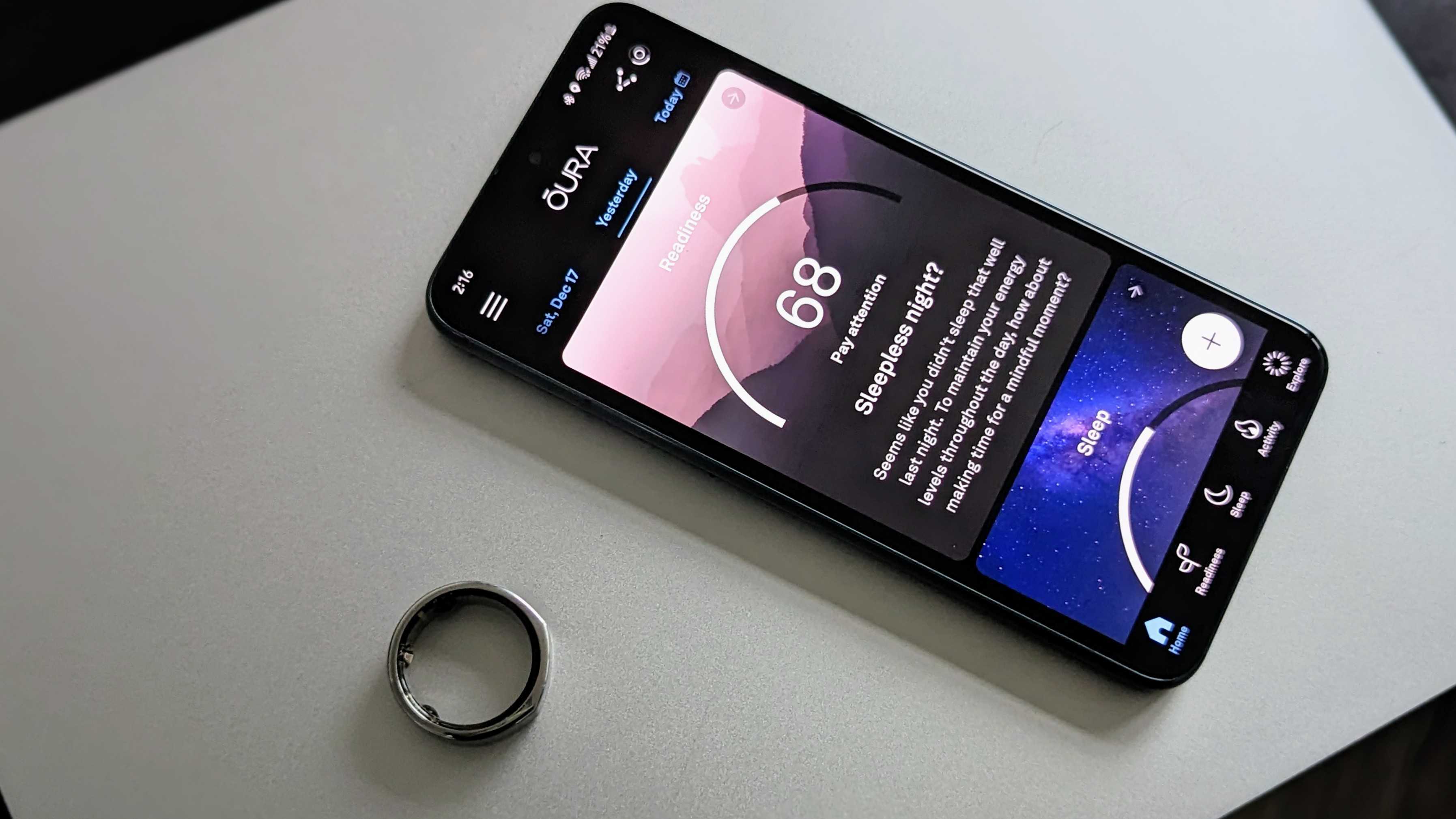
One big difference between the two rings is that Oura has a $6 subscription attached to it. It's not required, per se, but you will need it if you want more detailed information about your metrics beyond your sleep score. This can be a deterrent for some, although it's worth keeping in mind that Oura is constantly improving its ring with new features.
Meanwhile, Ultrahuman does not require a subscription to view your data.
Ultrahuman Ring Air vs. Oura Ring Gen 3: Price and availability
Both the Oura Ring Gen 3 and the Ultrahuman Ring Air are available to purchase now. The Oura smart ring is priced at $349 for the Horizon design and $299 for the Heritage version. The Ultrahuman Ring Air is priced at $349.
Both rings are eligible to be purchased through your FSA or HSA, which can make them easier to buy for some.
You can buy both rings from their respective websites or Amazon, while the Oura Ring is also available at Best Buy stores in the United States.
Ultrahuman Ring Air vs. Oura Ring Gen 3: Which one goes on your finger?
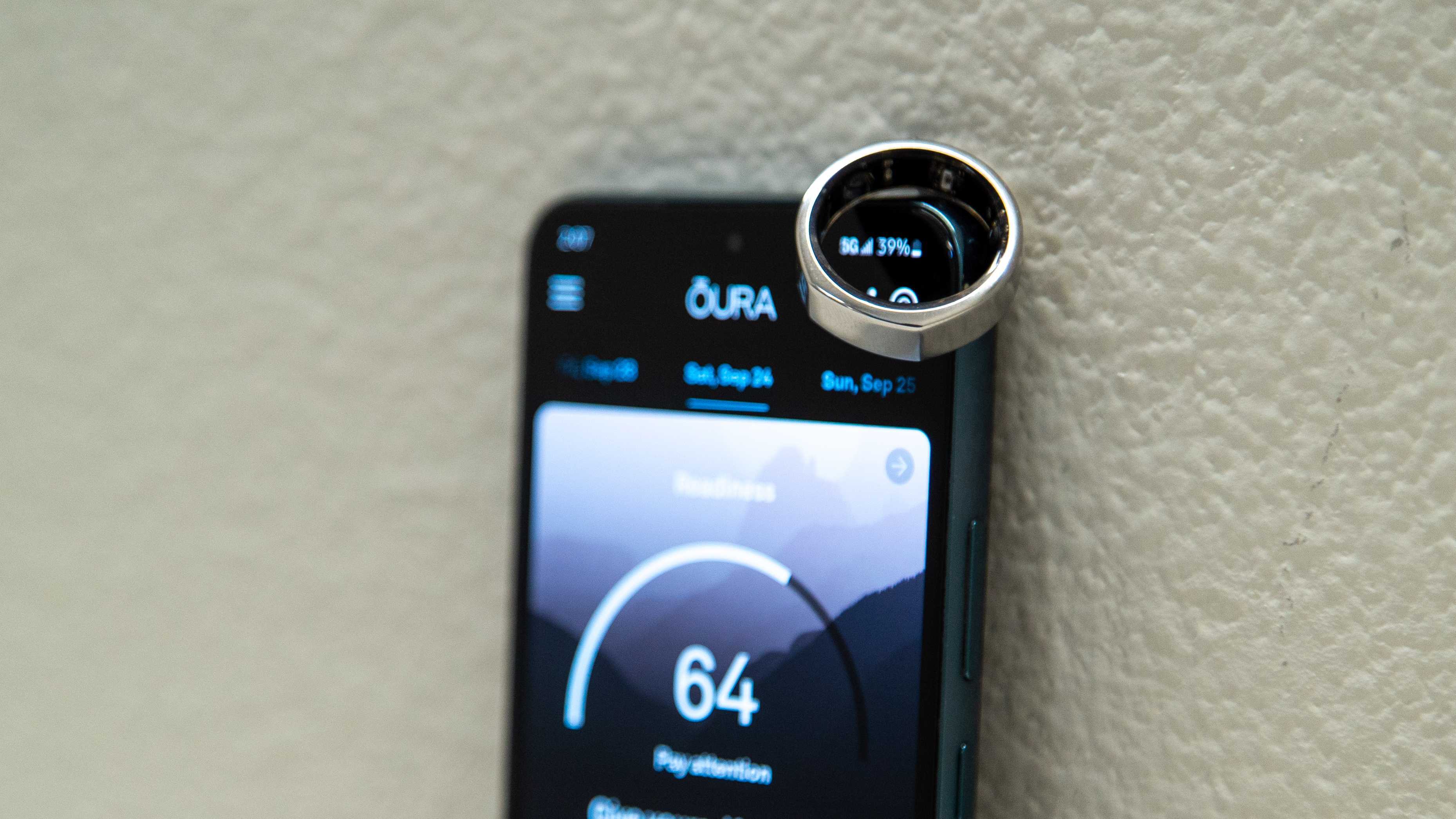
Oura is a well-established brand that has been in the game for a long time. The app is also easier to understand and navigate, but after your free trial, you have to pay $5.99 a month. Oura's longer existence might incline people to try it despite the monthly subscription.
If you don't want to pay a monthly subscription, you'll be tempted to go with the Ultrahuman Ring Air. It's lighter, and its readings provide a lot of information. It's new to the smart ring area, and it's a brand that not many may have heard of, which may deter some. It still has things to learn from Oura, but it's still a very capable smart ring that will get better over time.
Comfy yet informative
Get the heart health and sleep quality data you need without having to wear a smartwatch in the process. You won't have to pay a monthly subscription, but you will enjoy a six-day battery thanks to the 24mAh LiPo battery.
The more experienced ring
With two designs to choose from, the Oura Ring Gen 3 gives you more experience and three times more sensors. It also has a great battery life and a free six-month subscription, all in one small, durable, and discreet design.







